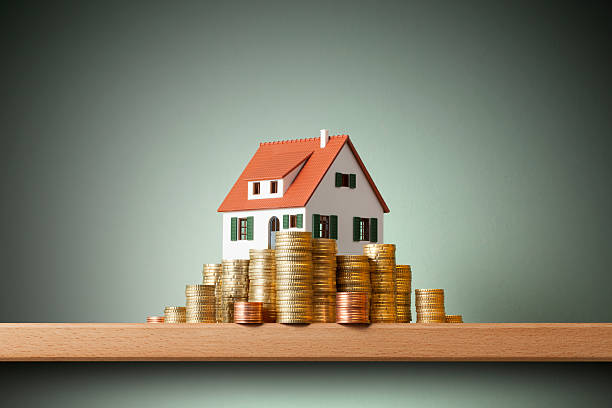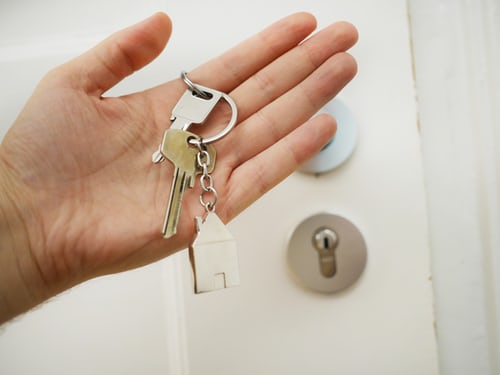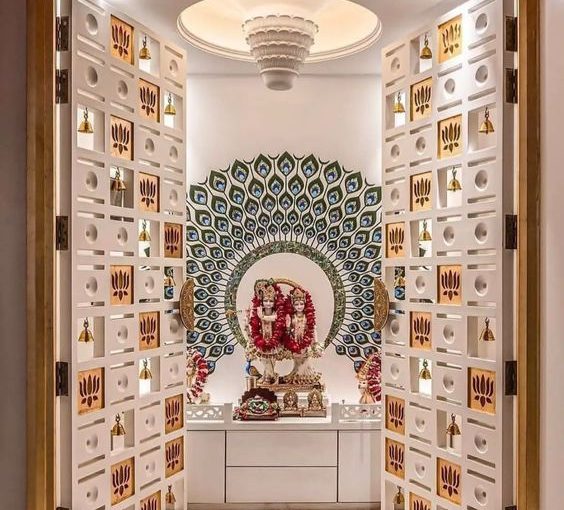By
|
Getting your Trinity Audio player ready...
|
Is buying an apartment a good investment? What if I’m unable to routinely lease out the premises and earn a steady rental income? Should I buy shop instead? These sentiments surface in the mind of every investor as they do in the case of any national newspaper’s Realty’ supplement. And understandably so! Investing in real-estate is a lengthy, time-consuming activity that requires a significant commitment of funds. Moreover, most of us avail one or the other form of financing while procuring a home, hence, a detailed cost-benefit analysis is required at the very least.
In this blog, we’ll explore different aspects of residential real estate on the basis of viability and return on investment to help you make a wise decision.
What are your Investment Goals

The best way to answer this much-discussed question- ‘Is buying an apartment a good investment?’ is to define what good means to you. Start by asking yourself “What is the end goal that I’m trying to achieve?” People invest for a variety of different reasons ranging from securing a permanent roof over their head to generating a passive income, while others may hold on to the investment with hopes of raking in substantial capital gains at the time of sale. Whatever the reason may be, it’s best to outline the expectation early on and find an investment that comes closest to achieving the expected returns.
- Stopping the ‘outflow’ of rent: In various asset classes, you can approach the process of asset creation bit-by-bit. That is, in case you’re investing in gold, you can start by buying 10g in one go. Similarly, if you were to buy shares of companies in the stock market, you can start by buying a single share. However, when you live in a rented apartment, a fixed portion of your monthly income is committed towards rent which cannot be avoided. If you convert a similar amount towards paying the monthly EMI, you can build an asset that will provide you with much emotional and financial security in the future. Rent on the other hand is a pure expense; you cannot benefit from past expenses in the future.
- Earning a passive income: Everyone loves an income-generating investment over and above an asset that appreciates over time. Honestly, any investor enjoying a steady rental yield from a residential property will never ask himself/herself, ‘Is buying an apartment a good investment’; they will already know that it is! A leased-out apartment is a good source of a recurring income that many people enjoy late in their working life and/or towards their retirement. Apartments across the country earn a rental yield of 3-6% per annum in the first few years for a steadily rented out property. If you factor in a yearly escalation of 5-7%, this number can also see a steady uptick as the years go by.
- Expecting future capital gains: We’ve all heard stories of someone buying a house for ‘X’ and selling it for ‘3X’ a few years down the line. This is honestly the biggest motivating factor for anybody investing in a house, the best-case scenario for anyone looking for an answer to ‘Is buying an apartment a good investment’. Although it’s highly likely, significant capital gains in the future cannot be predicted or benchmarked against past returns in a short period of time. To make substantial returns via the sale of a property, you will have to wait for a sufficiently long period of time- typically about 10 years or more.
How to make a good investment in apartments
Now that we’ve understood how to set expectations in terms of evaluating returns from residential real estate, let’s re-examine the central question: ‘Is buying an apartment a good investment?’ In fact, we’ll go a step further- Let’s tell you how to make a good investment in apartments on the basis of your end objective.
- Buying an apartment in the city of your occupation
Since the end goal of this form of investing in an apartment is to save on the monthly rental outflow, buying a place in the city that you hope to work in over the next few years is a good idea. Adjust the rental outflow in the form of an easy-to-service monthly EMI and convert your expenditure into an asset. While undertaking this activity, ensure you undertake the following steps:
1. Pick a suitable size. Don’t get carried away and over-extend your loan.
2. Pick as central a location as possible. Save on long-term logistics costs.
3. Pick an apartment within a reputed housing complex such that you can avail several amenities and comforts. Avoid standalone buildings.
4. Pick an apartment in a newer housing complex. Avoid properties that are older than 15+years, since they require considerable upkeep to maintain.
5. Pick a comfortable down-payment to make upfront. This will reduce the rate payable on the remaining value of your home-loan. - Invest in budget apartments
Since the end-goal of this form of investment is to generate substantial rental revenue over the long-run, you should consider buying budgeted 2 BHK flats that are easy to lease out. Typically, 2 BHK & 3 BHK budget properties are in high demand among people who seek temporary accommodation in a city for work or study. These units located in city centers are in greater demand among the defined target group since they are significantly more affordable than luxury apartments. Here are some points you must keep in mind:
1. Search for rental trends in the location you are seeking a flat.
When you shortlist a housing complex, check the occupancy percentage.
2. Vet the residents in the society and ascertain the proportion of home-owners to tenants.
3. Understand the prevailing average existing rental for the apartment. This will help you set your own expectations in terms of current and future rentals.
4. Do a thorough search online to understand the demand for properties and keep an eye out for how long it typically takes to lease an apartment.
5. Engage a network of real estate agents and weigh-in on their opinion before making a purchase decision. - Identify upcoming pockets of development
Typically, if you are looking to make a sizable capital gain through investing in apartments, it would be a good idea to invest in properties in upcoming locations as compared to those in already developed pockets of the city. Alternatively, you can also consider buying an apartment in an under-construction property, since developers give a significant discount from the prevailing market price at the initial project stage. That said, both these scenarios will take a certain amount of time to materialize completely, and as a long-term investor, you must be willing to wait it out. Here are some points you must keep in mind:
1. If you’re looking to invest in an under-construction property, ensure that the builder you’re committing cash to is of high repute. Visit completed projects to get an understanding of the quality of construction post-completion. Take into account 20% delay in completion timelines ahead of what’s committed.
2. If you’re looking to invest in an upcoming locality in a city, try to ascertain the developer profiles in the area. Invest only if you can see visibility of quality projects by reputed builders in the future. 4. Avoid taking the risk of investing in an upcoming locality developed by an unknown builder; this is a double-edged sword.
Conclusion
Everyone wants to know the answer to the elusive question- Is buying an apartment a good investment? However, the truth is that there is no straightforward answer to the same. In order to make a successful investment, we must gauge our outcome expectations’ and conduct some on-the-ground research to verify if the numbers add up. Only after going through the motions of all the steps mentioned above, you’ll be able to make a successful purchase decision. Happy investing!
Leave a comment







